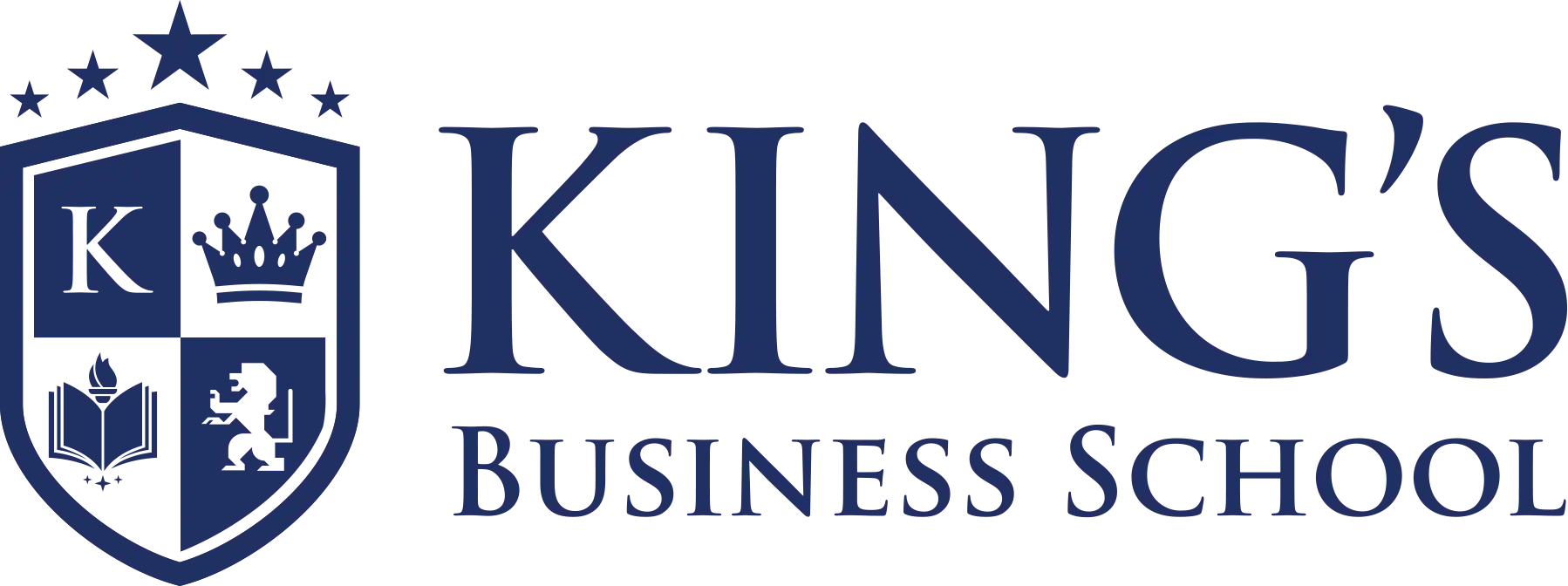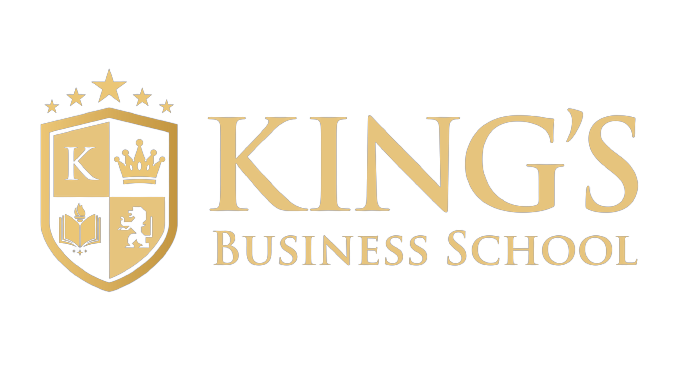One of the most challenging aspects for teachers while working with students are the different mindsets each student has. Being able to guide students on how to absorb new material with a growing mindset is essential for the students true potential to appear.
In the pursuit of personal and professional development, one’s mindset plays a pivotal role in shaping outcomes and achievements. At the heart of this philosophy lies the concept of a growth mindset, a transformative perspective that has gained substantial recognition thanks to the pioneering work of psychologist Carol Dweck.
In this article, we delve into the fundamental attributes of a growth mindset, contrasting it with its counterpart, the fixed mindset, to illuminate how adopting a growth mindset can unlock new dimensions of success.
Understanding the Growth Mindset:
A growth mindset is more than just a notion; it’s a way of thinking that empowers individuals to thrive, adapt, and continuously enhance their abilities. Unlike a fixed mindset, which believes in the static nature of talents and intelligence, a growth mindset embraces the idea that skills and capabilities can be nurtured and developed over time through dedication, effort, and learning.
1. Approach Towards Challenges:
- Growth Mindset: Individuals view challenges as chances to learn and develop. They embrace stepping out of their comfort zones, understanding that difficulties lead to personal growth and new insights.
- Fixed Mindset: People see challenges as threats to their capabilities. They tend to avoid stepping out of their comfort zones, fearing failure and the potential confirmation of their limitations.
2. Response to Setbacks:
- Growth Mindset: Individuals exhibit resilience when faced with setbacks. They believe setbacks are temporary obstacles and maintain their determination, considering failures as opportunities for learning and eventual success.
- Fixed Mindset: Those with a fixed mindset become disheartened by setbacks. They may interpret failures as reflections of their innate shortcomings, often giving up when confronted with difficulties.
3. Perspective on Effort and Mastery:
- Growth Mindset: Individuals believe that mastery comes through persistent effort. They understand that improvement requires consistent practice, dedication, and the willingness to learn from mistakes.
- Fixed Mindset: People think that abilities are fixed and unchangeable. They might avoid tasks that challenge their current skills, fearing that exerting effort won’t lead to meaningful improvement.
4. Attitude Towards Learning and Feedback:
- Growth Mindset: Individuals see learning as a lifelong journey. They actively seek opportunities to expand their knowledge and skills and value constructive feedback as a way to enhance their abilities.
- Fixed Mindset: Those with a fixed mindset may shy away from learning experiences that could reveal their weaknesses. They might be defensive in the face of feedback, as it threatens their perceived innate talents.
5. Reaction to Others’ Success:
- Growth Mindset: Individuals find inspiration in others’ achievements. They believe that success is attainable through effort and view others’ accomplishments as motivation to strive for excellence.
- Fixed Mindset: People might feel threatened by others’ success, perceiving it as a reflection of their own inadequacies. They may harbour jealousy or resentment towards successful peers.
6. General Outlook:
- Growth Mindset: Individuals maintain an optimistic and positive outlook. They see challenges as surmountable, setbacks as temporary, and the future as brimming with possibilities for personal growth and development.
- Fixed Mindset: People tend to adopt a more pessimistic view. They might believe that their abilities are predetermined, leading to a sense of helplessness in the face of challenges and uncertainties.
Cultivating a Growth Mindset at King’s Business School:
At King’s Business School, we recognize the profound impact that mindset has on shaping future business leaders. The journey to success is not predetermined by fixed traits, but rather by the willingness to embrace growth and development. By fostering an environment that encourages resilience, curiosity, and a hunger for learning, we empower our students to adopt a growth mindset that will serve them well throughout their careers.
In conclusion, a growth mindset transcends traditional notions of innate abilities and paves the way for individuals to reach their fullest potential. By embracing challenges, valuing effort, seeking learning opportunities, and maintaining a positive perspective, a growth mindset becomes a powerful tool in the pursuit of success. As we continue to champion the principles of growth mindset at King’s Business School, we invite our students and future leaders to embark on a journey of self-discovery and limitless growth.
To know more about King’s Business School, click here.





